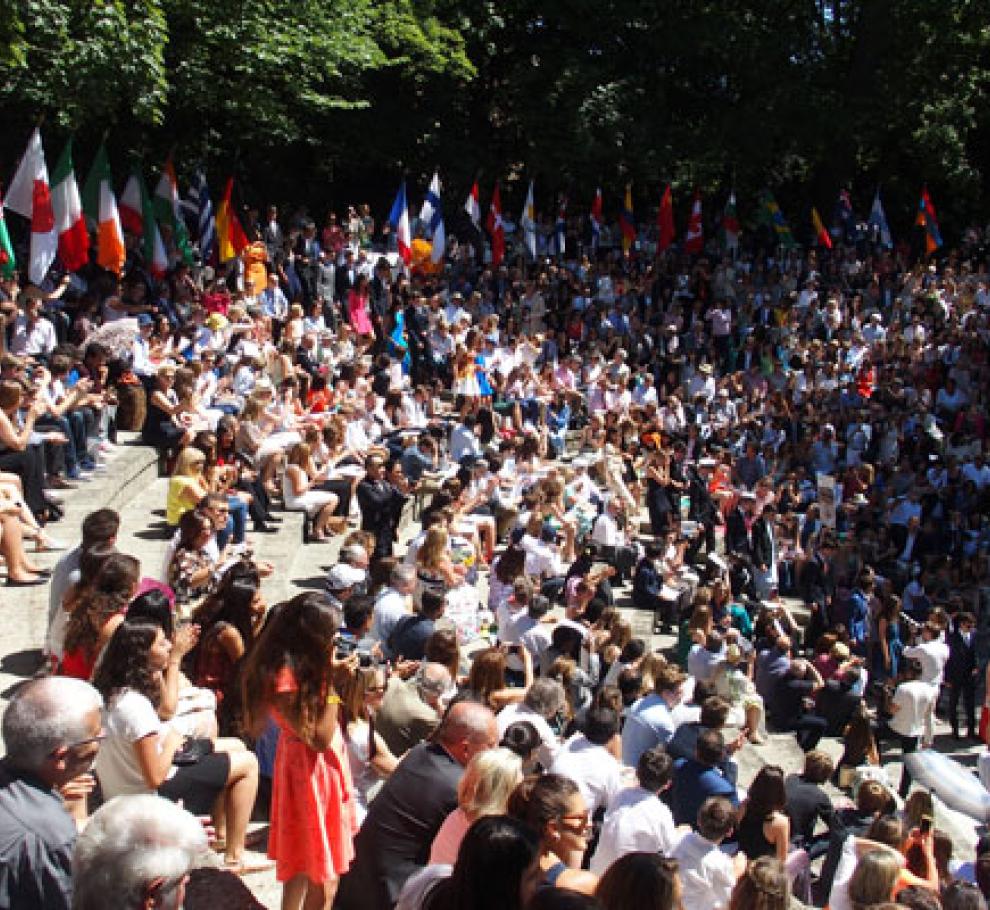Birth of the first international school. The school opens on 17 September 1924, with just 8 students and a rabbit. Founded by local educators and by officials of the League of Nations and International Labour Organization (ILO), the purpose of the school was – and still is – to provide an international education based on the progressive educational principles of the éducation nouvelle movement. Paul Meyhoffer is its first director.

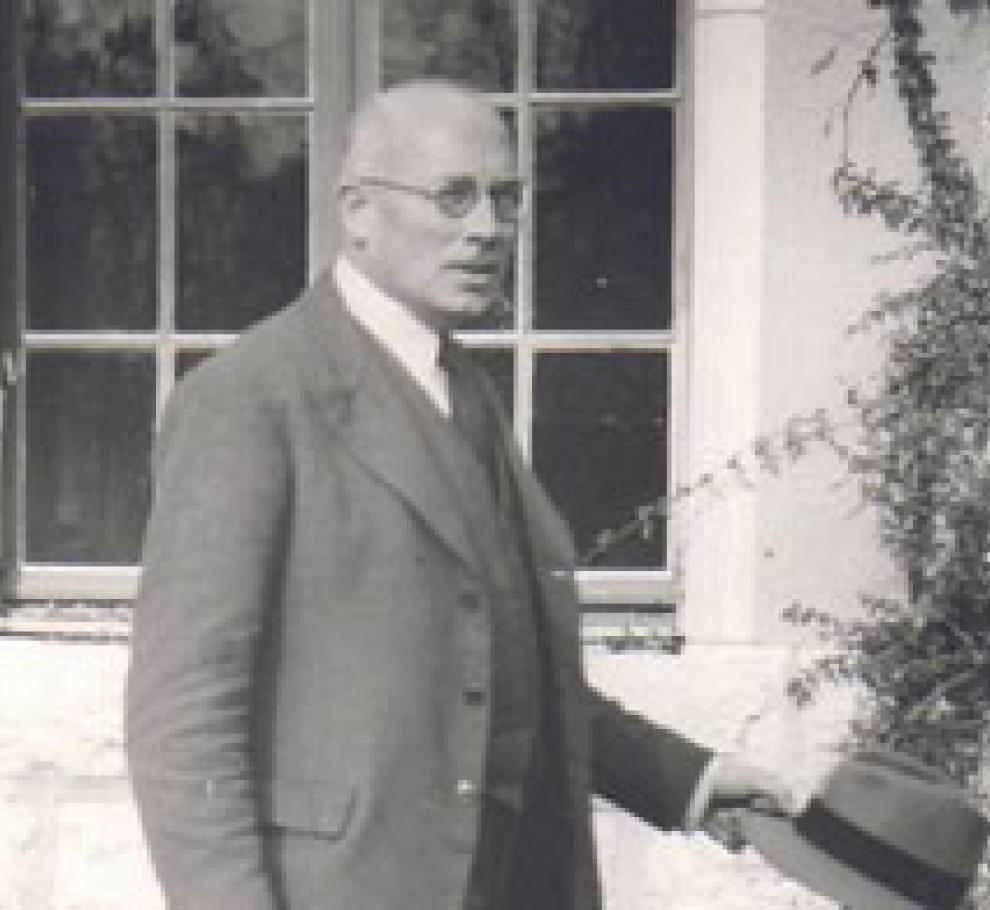
First boy boarders admitted; girls follow in 1926.
The school moves to the site at La Grande Boissière, which is still in use today.
The same year, Marie-Thérèse Maurette becomes director.
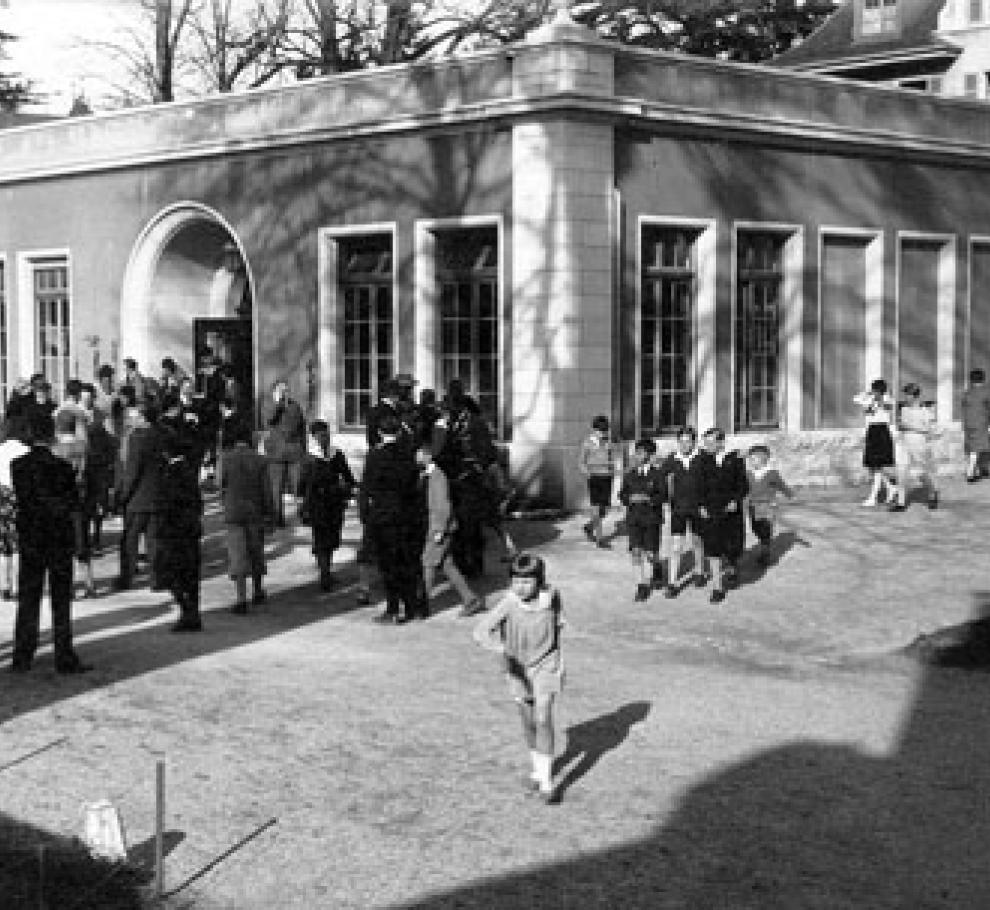
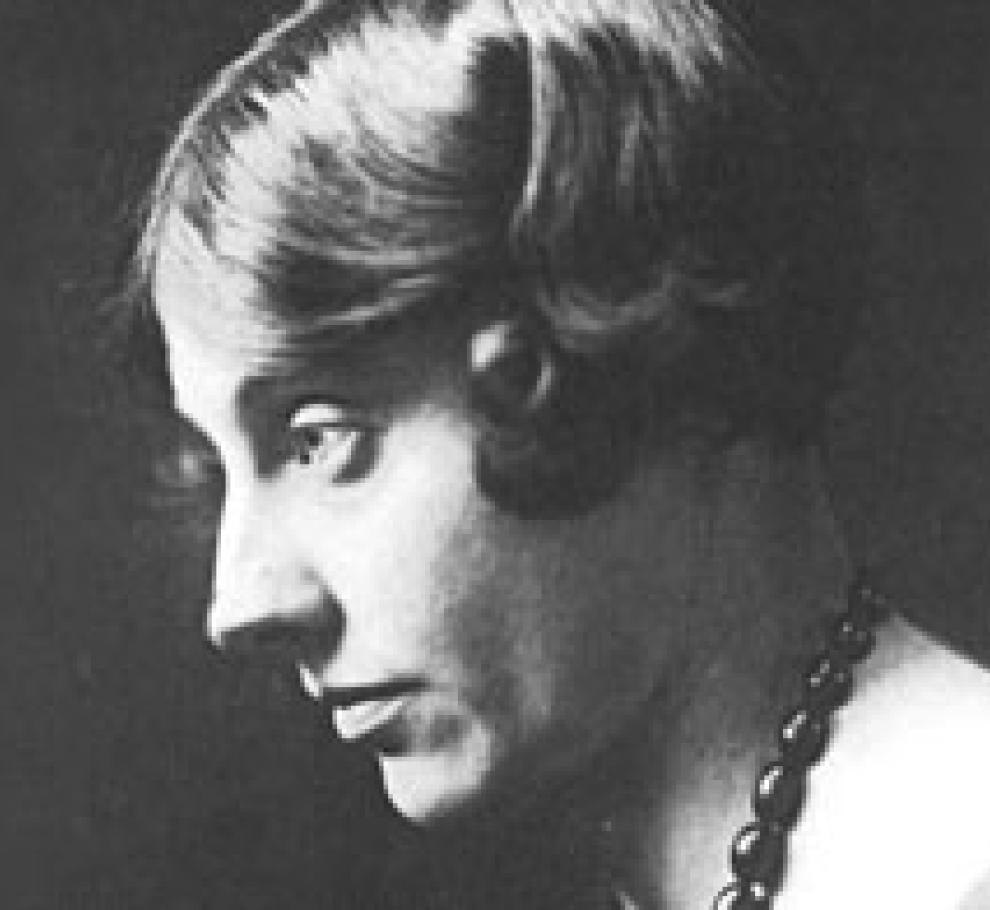
Mme Maurette retires after 20 years in the job. Fred Roquette becomes director, aided by Bill Oats owing to the increase in anglophone students.
First Students’ United Nations (SUN) session in the International Labour Organization.
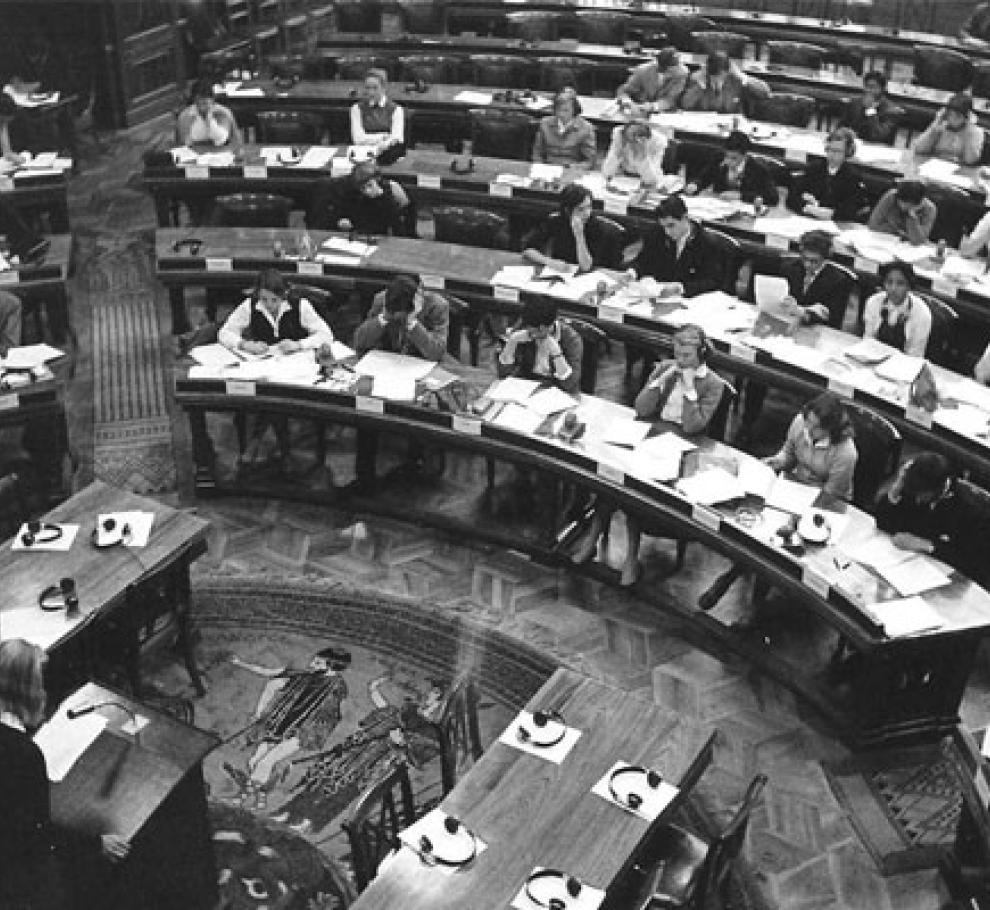
Opening of the Greek Theatre, built largely by students and teachers, on the model of the theatre at Epidaurus.
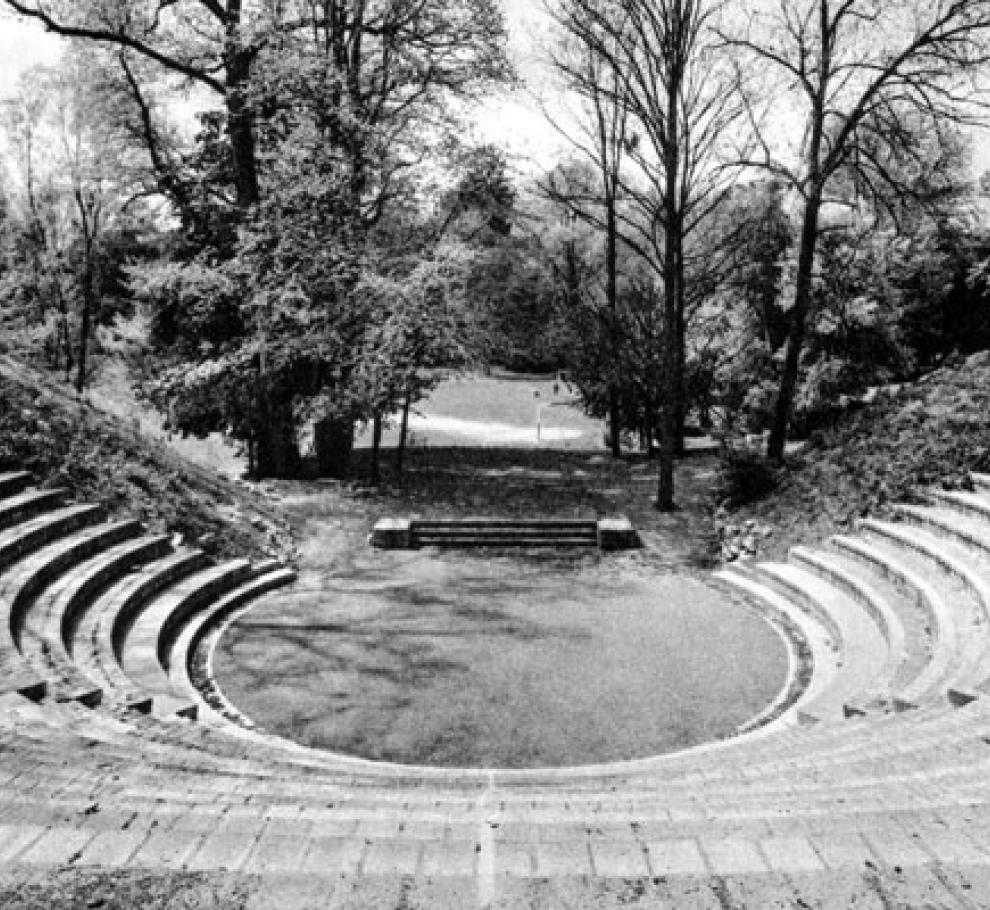

The school reaches 1,000 students for the first time.
The new Foundation of the Ecole Internationale de Genève comes into being (first meeting of the Governing Board).
The International Baccalaureate Diploma Programme (IB) in English and French is largely created by Robert J. Leach and other teachers at the Ecole Internationale de Genève.

Distribution of the first IB Diplomas in the Greek Theatre by Lord Mountbatten.
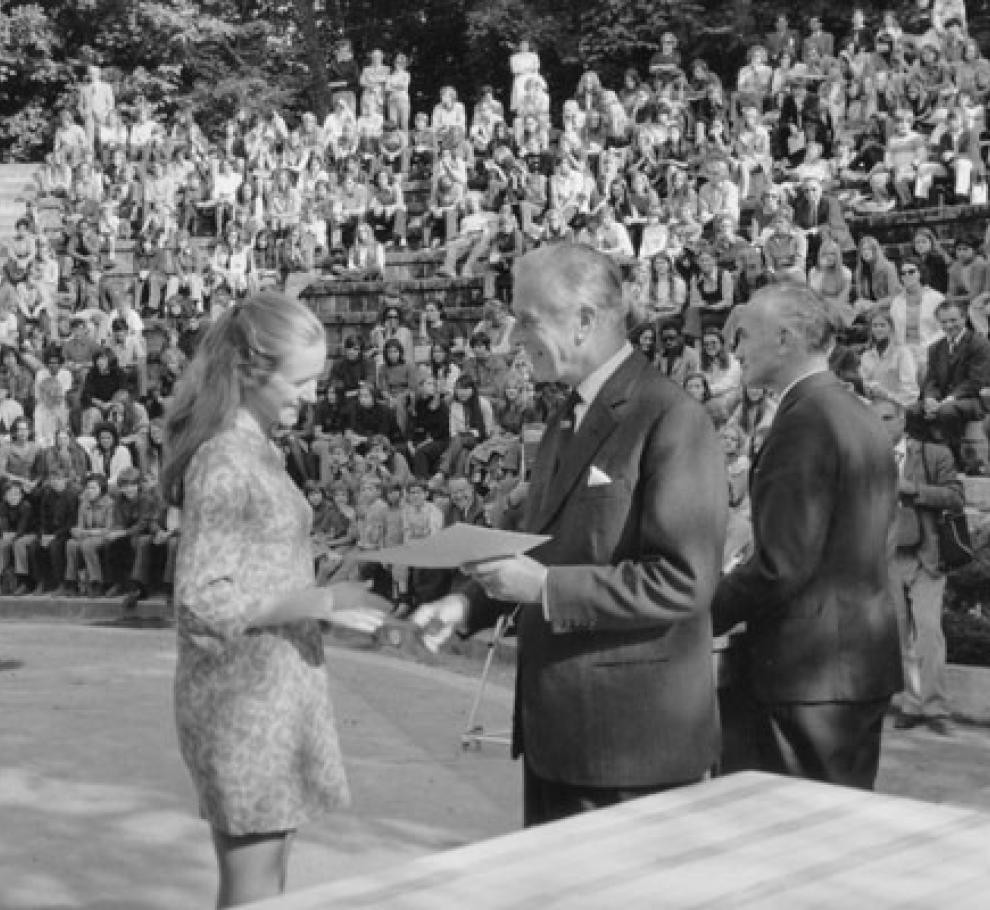
Merger with the Lycée des Nations - Collège International de la Châtaigneraie and creation of our second campus, La Châtaigneraie.
The Foundation reaches 2,000 students for the first time.
50th anniversary celebrations.
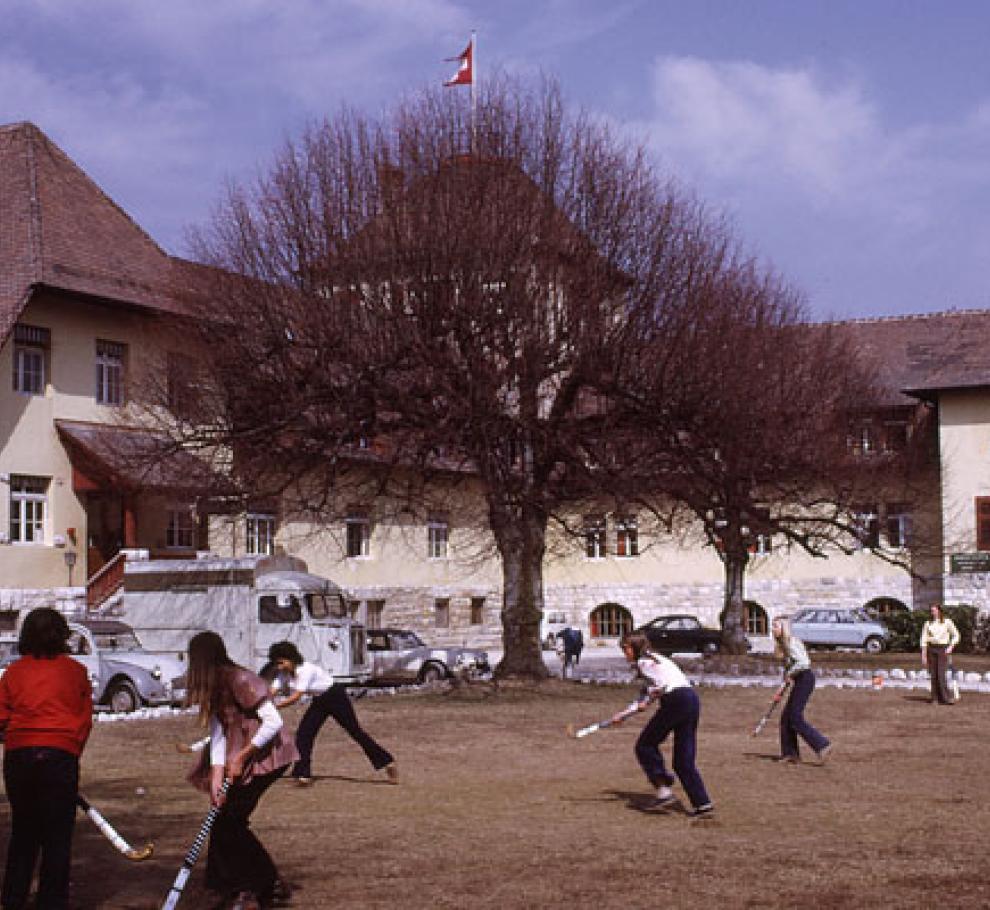
Merger with the United Nations Primary School (Pregny and Rigot sites).
Princess Caroline of Monaco inaugurates Les Marronniers, the new Primary School on the campus of La Grande Boissière.
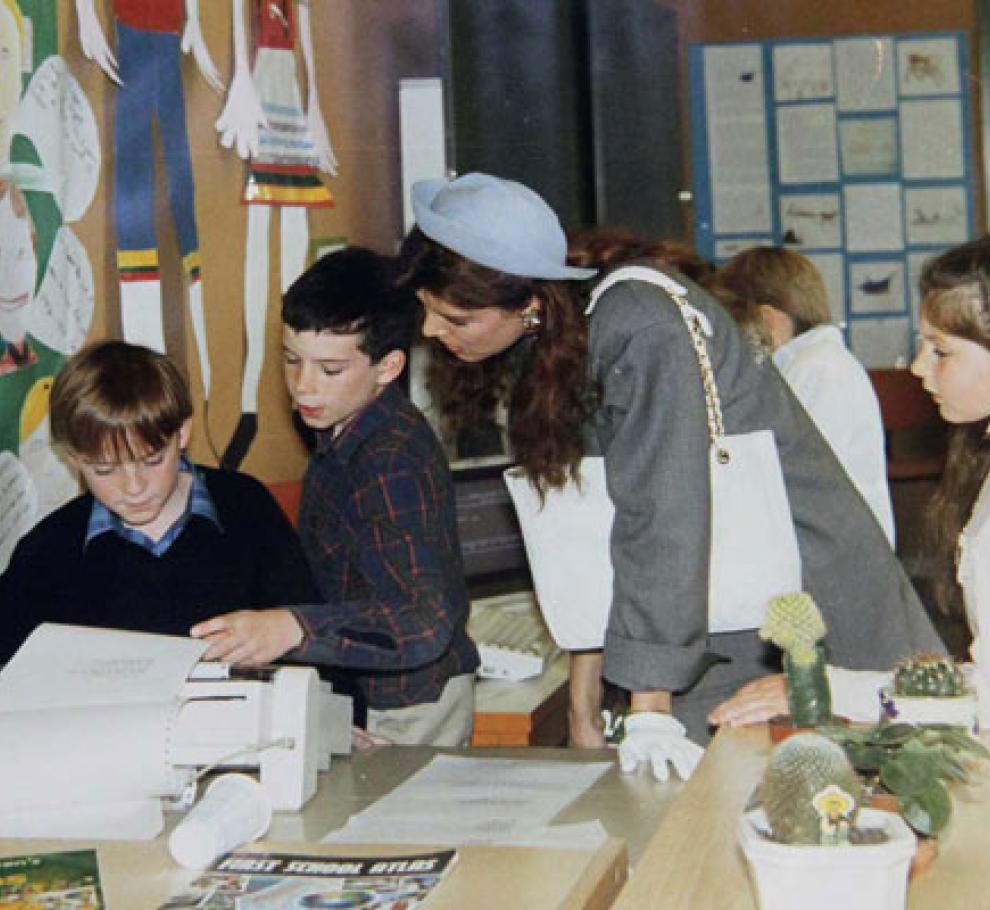
Inauguration of the Pregny Extension.
George Walker becomes Director General.
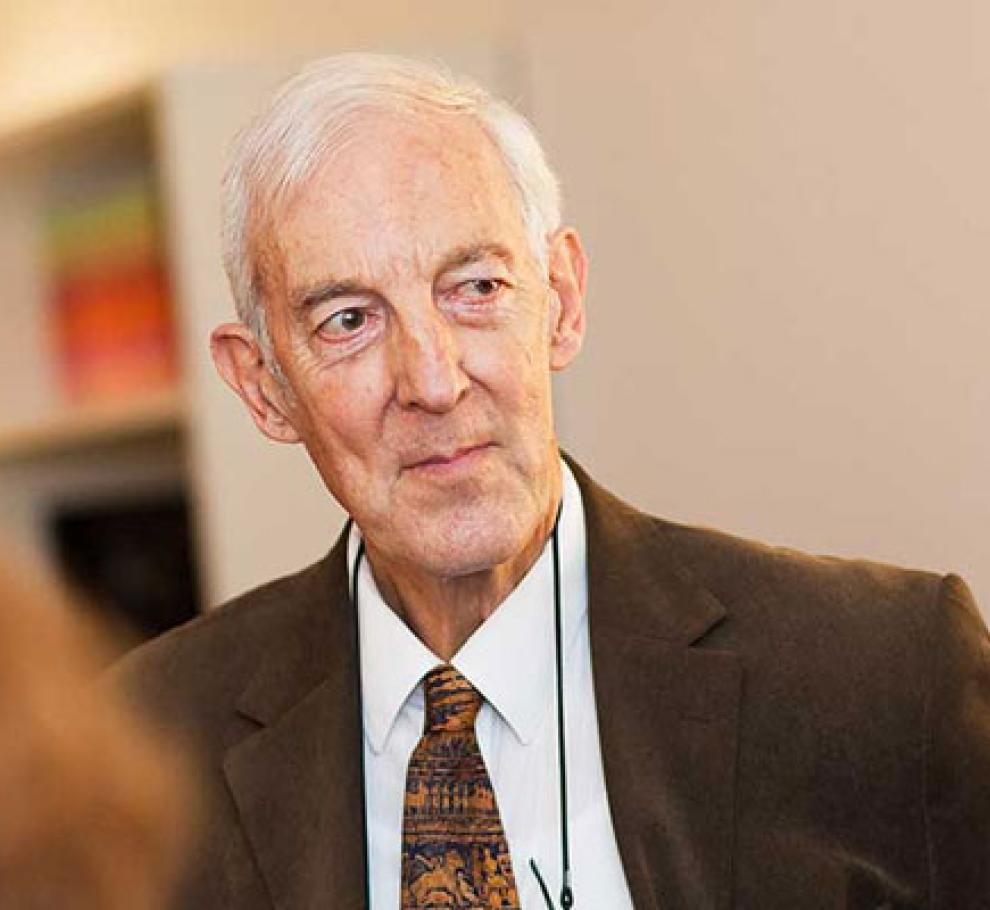
More than 100 nationalities in the student body for the first time.
A unified Secondary School comes into existence at La Grande Boissière leading to the creation of the Tronc Commun. George Walker leaves the school to become Director General of the International Baccalaureate Organization.
The last boarders leave and Ecolint stops offering boarding.
Nicholas Tate becomes Director General.
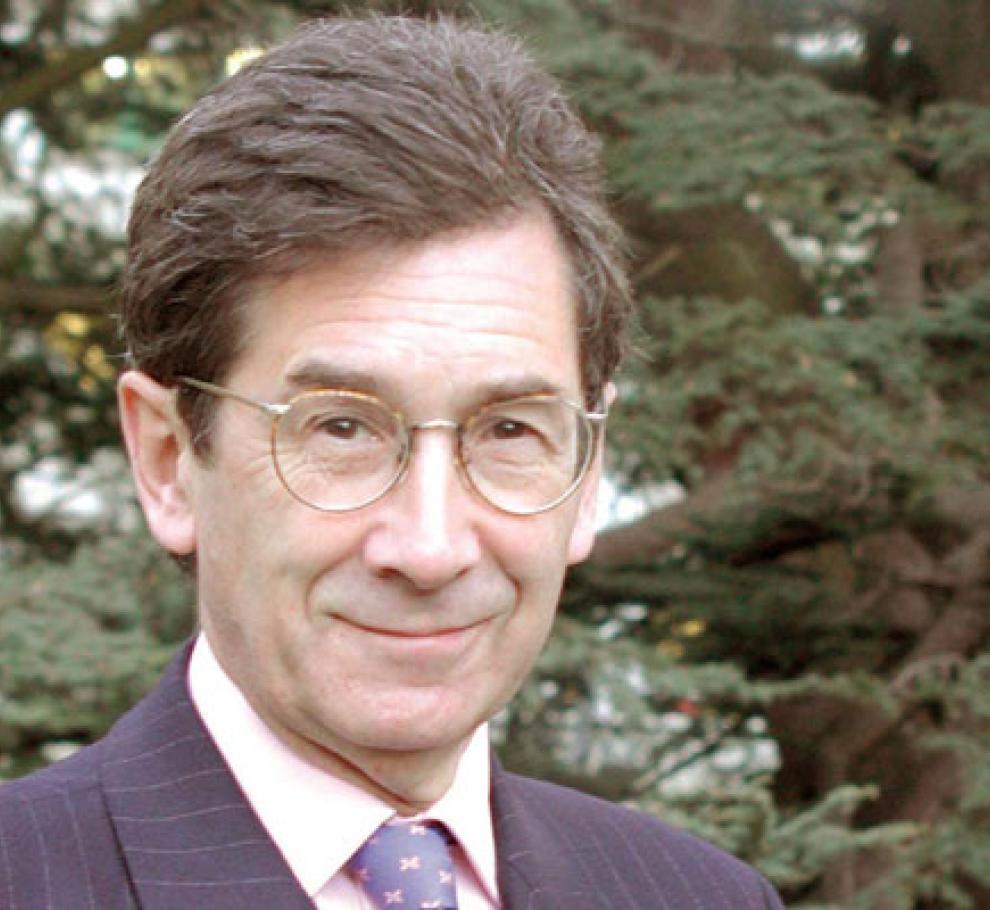
Student assembly to commemorate the 80th anniversary of the school.
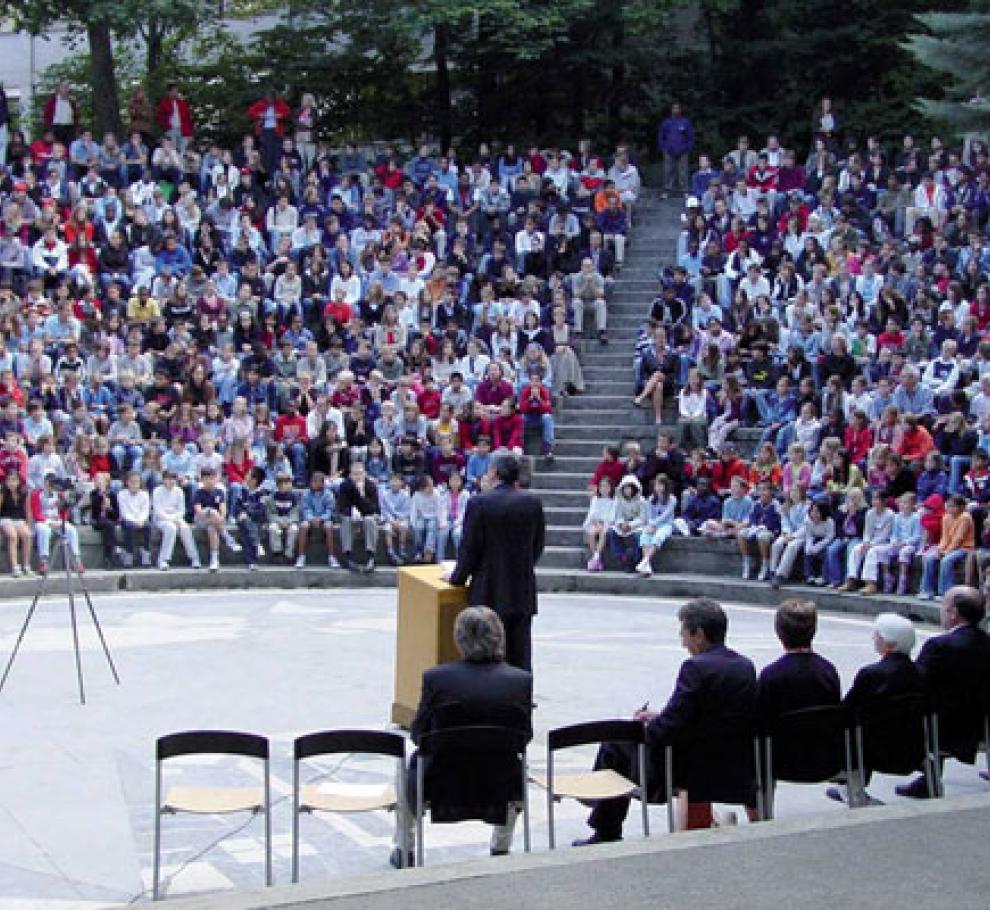
Opening of our third campus, Campus des Nations – an IB World School – and subsequent closure of Mies and Rigot sites.
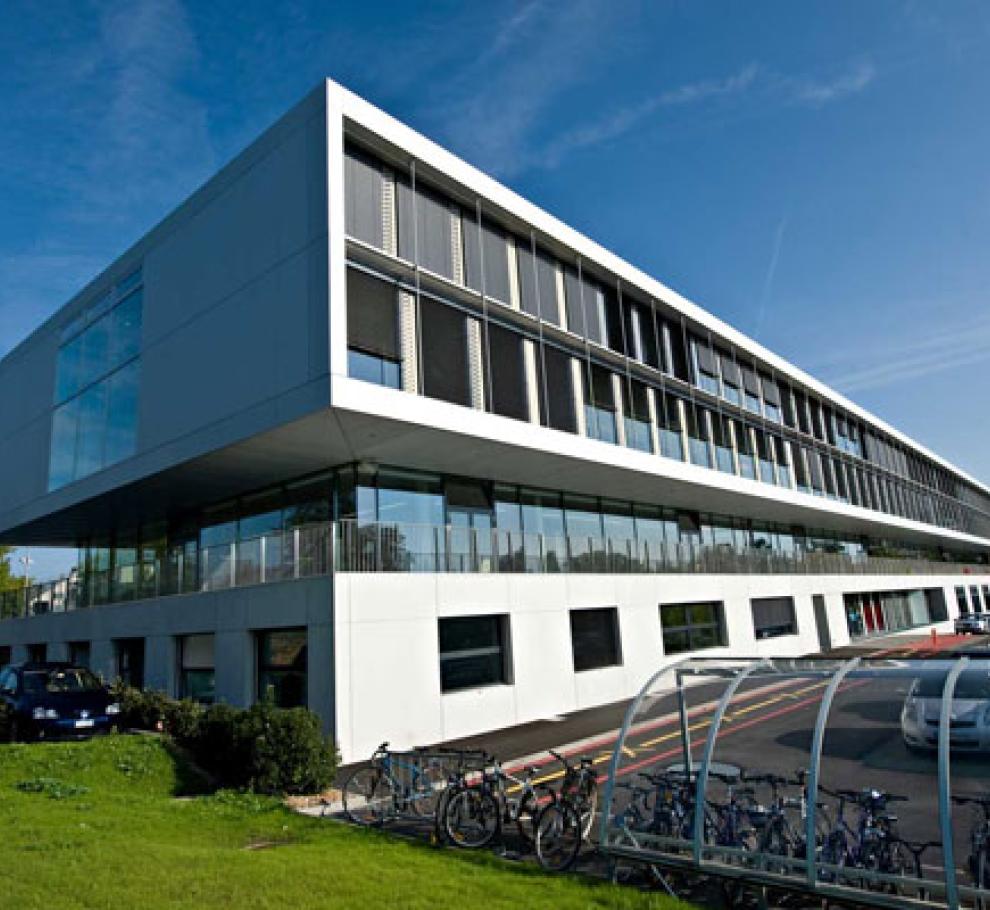
One hundred years of education on the La Châtaigneraie site. 4,000 students enrolled in the Foundation for the first time.
Ecolint welcomes its first adult student with the launch of the Post Graduate Certificate in Education (International) in association with Durham University.
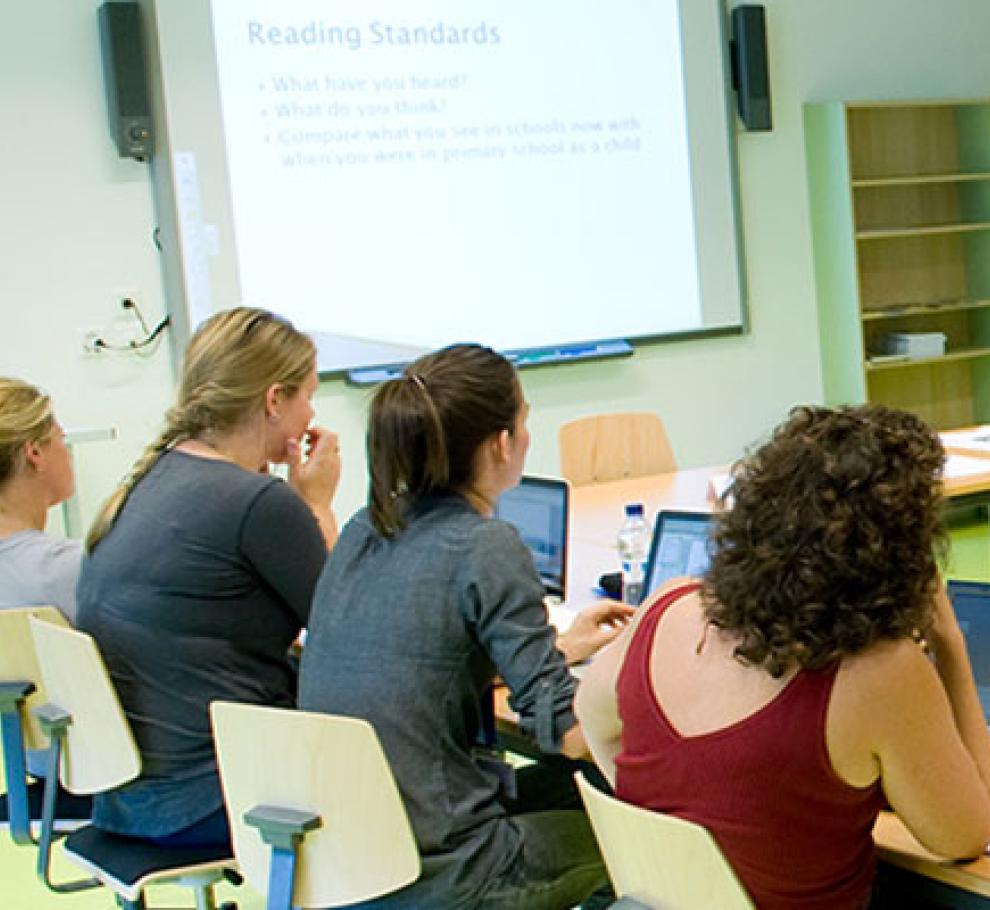
Nicholas Tate retires after eight years and Vicky Tuck becomes Director General.
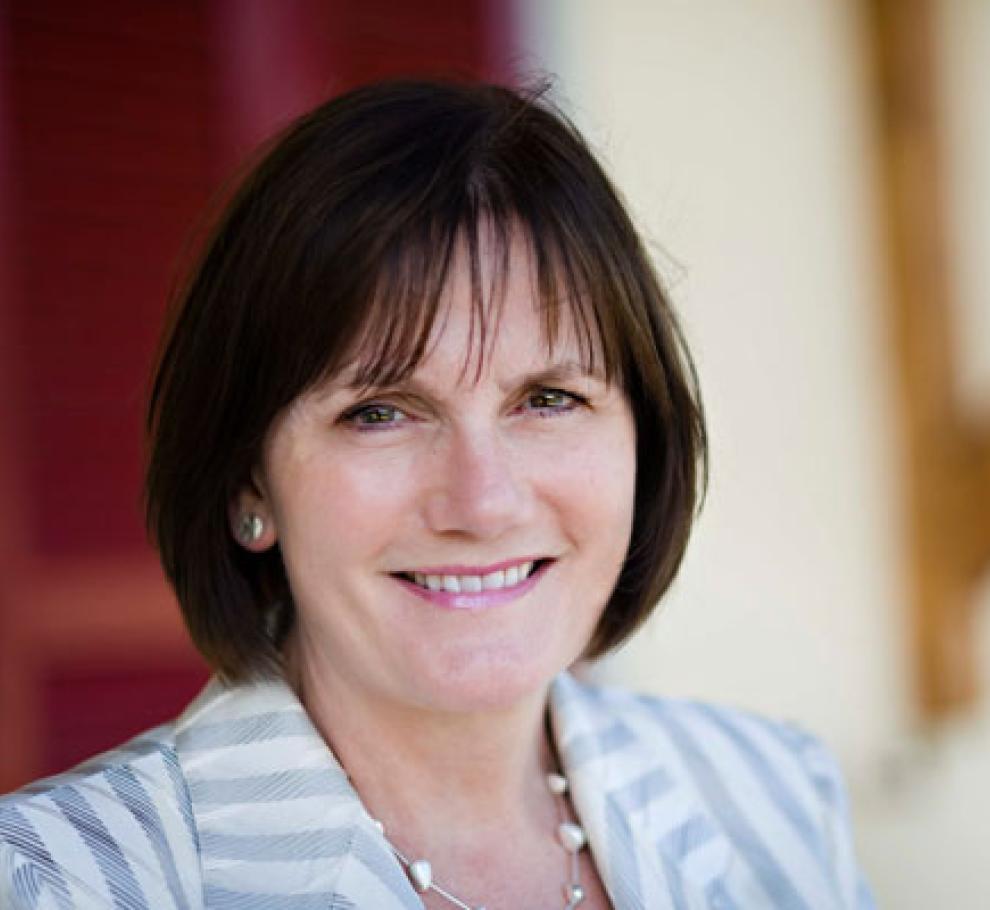
Inauguration of the Foundation’s Centre des arts at La Grande Boissière.
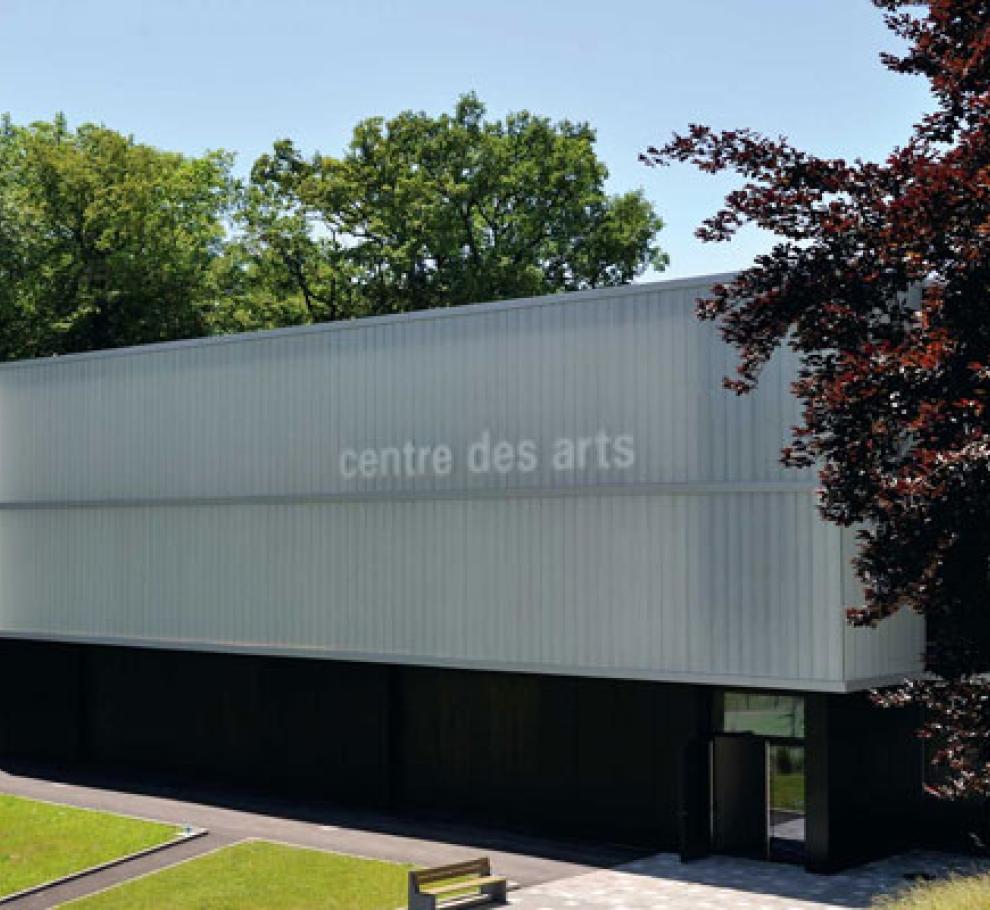
The school pays homage to its first student, Loïs Meyhoffer, during the 90th anniversary celebrations.
The school has 139 nationalities on roll.
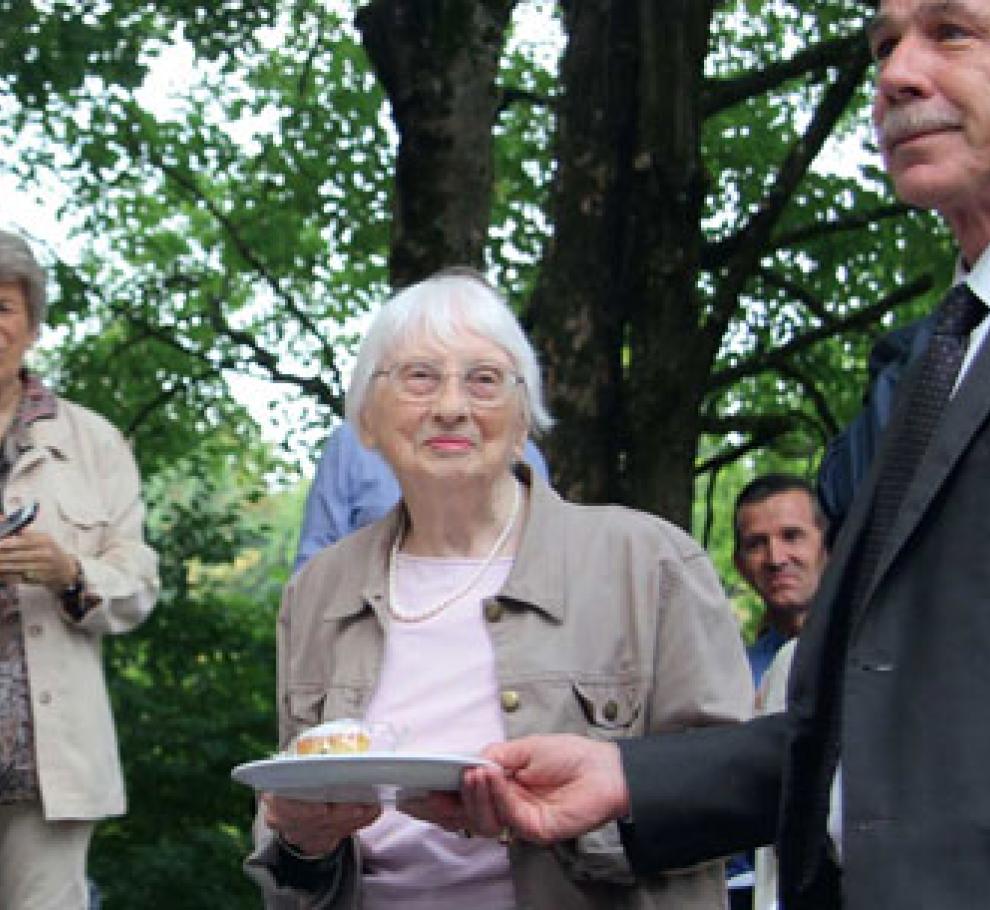

Ecolint publishes - in conjunction with UNESCO - a set of Guiding Principles for Learning in the 21st Century.
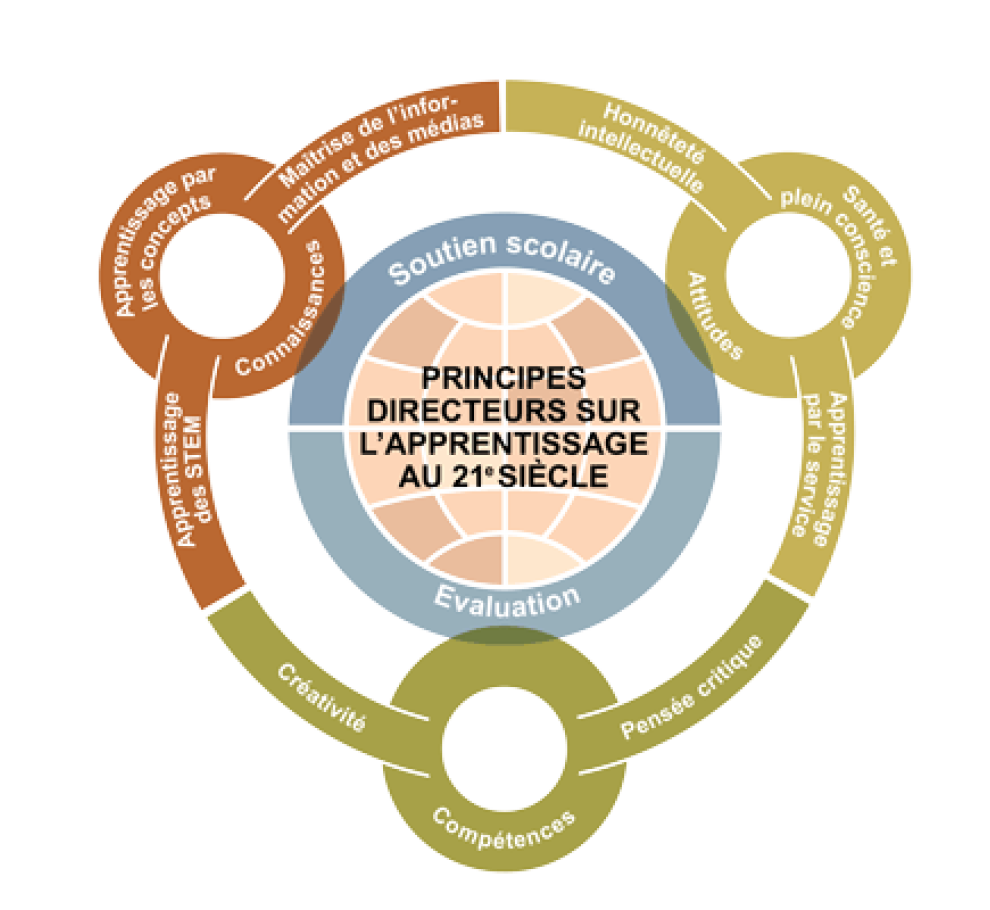
Nearly 200 Ecolint students inaugurate a sculpture at the Palais des Nations marking the 70th anniversary of the United Nations Office in Geneva.
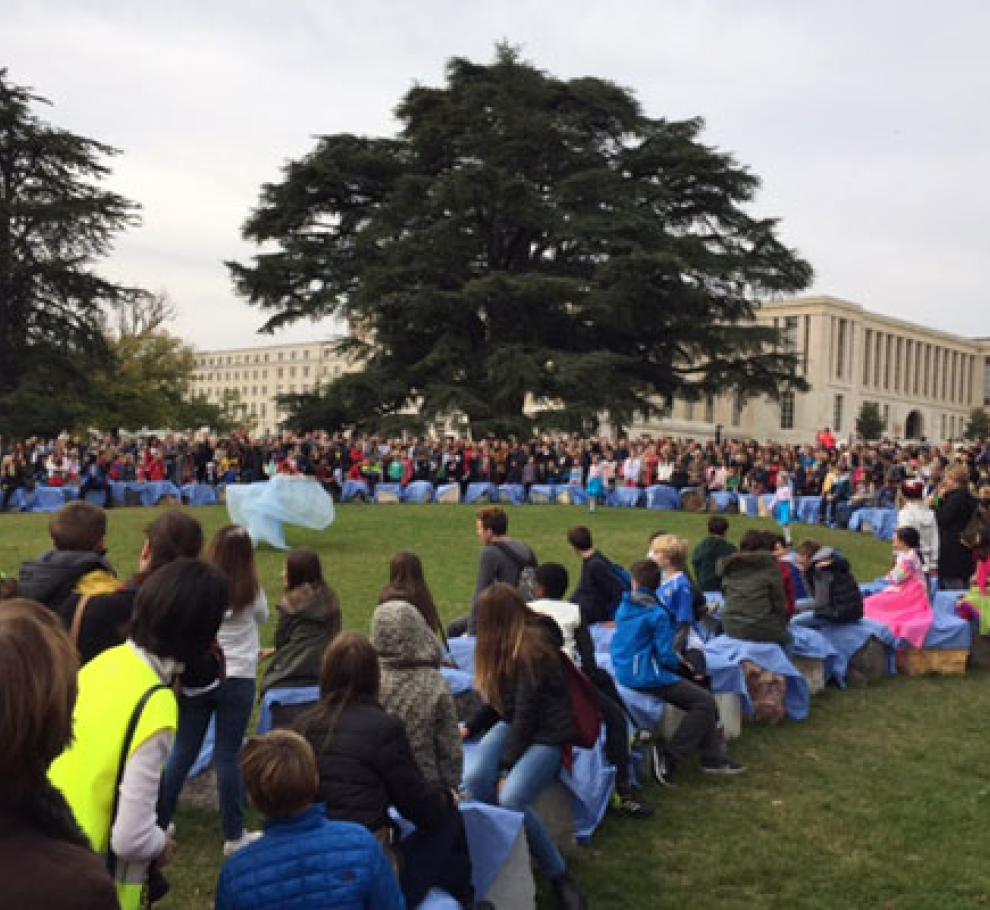
An American black walnut tree, named Alexandre in honour of its illustrious predecessor, is planted at La Grande Boissière, 40 years after its homonym was felled, in the presence of Loïs Meyhoffer, the school’s first student.
Inauguration of the STEM Centre at La Grande Boissière campus in September 2016. STEM is an acronym of "Science, Technology, Engineering and Mathematics" and combines these different subjects through transdisciplinary projects using technology and the principles of engineering. The STEM Centre was designed in collaboration with ABCP Architecture, INITIAL and EPFL.

Vicky Tuck retires after six years and David Hawley becomes Director General.
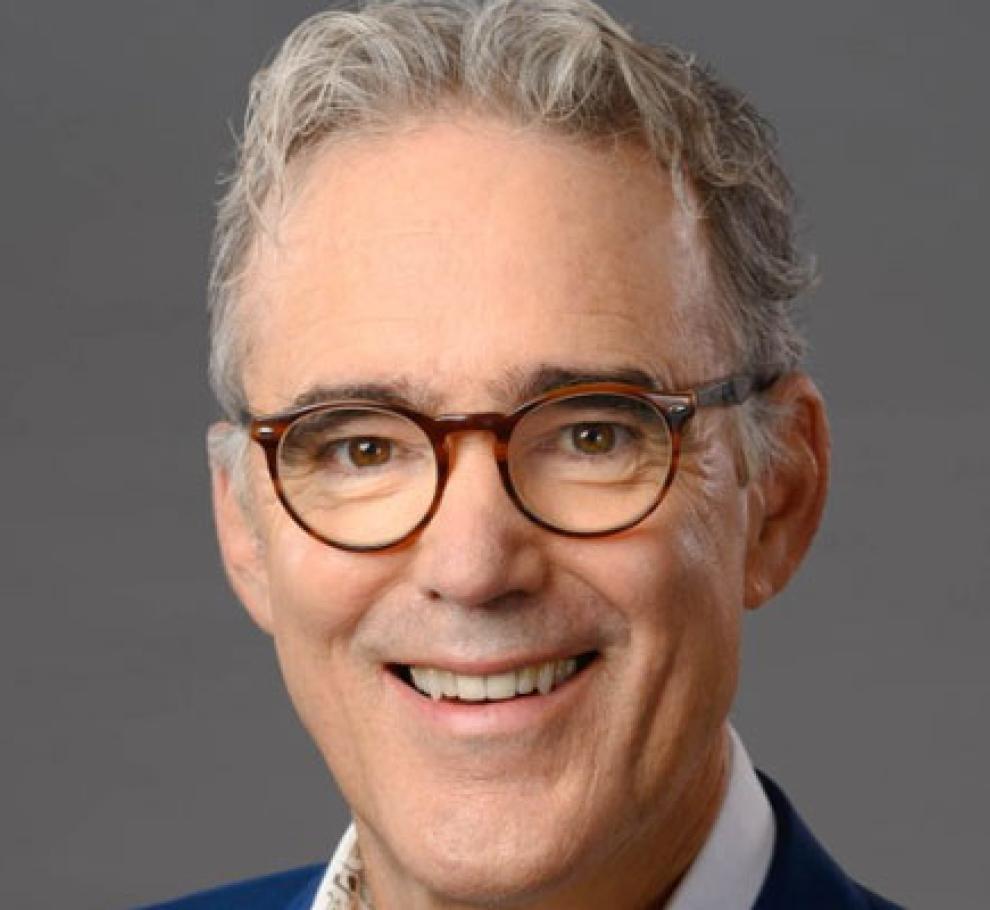
Launch of the Universal Learning Programme (ULP) by La Grande Boissière and UNESCO's International Bureau of Education (IBE). This 21st century curriculum enables students to develop competences so that they are prepared to thrive in our world and act for the public good.

Introduction of the Learner Passport, a way for students to show what they have achieved and present their competences to universities and employers
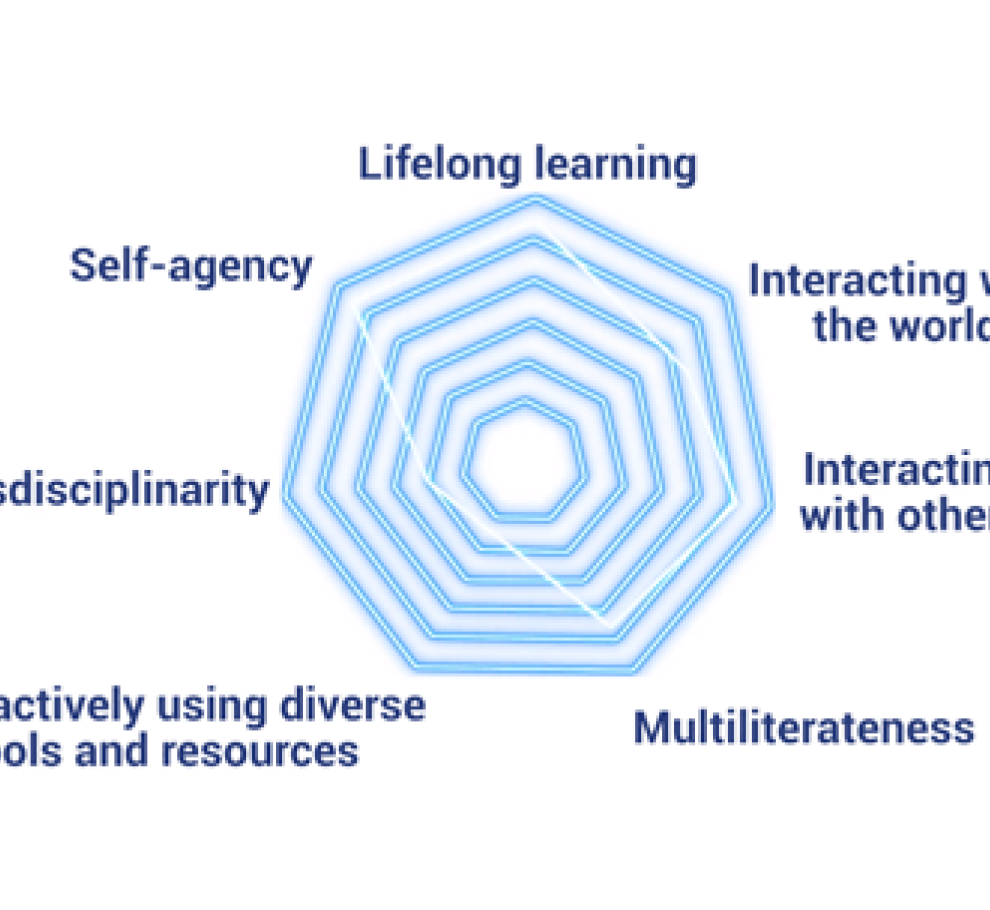
Conrad Hughes becomes Director General after the departure of David Hawley, who decided to open a new chapter in his professional career.
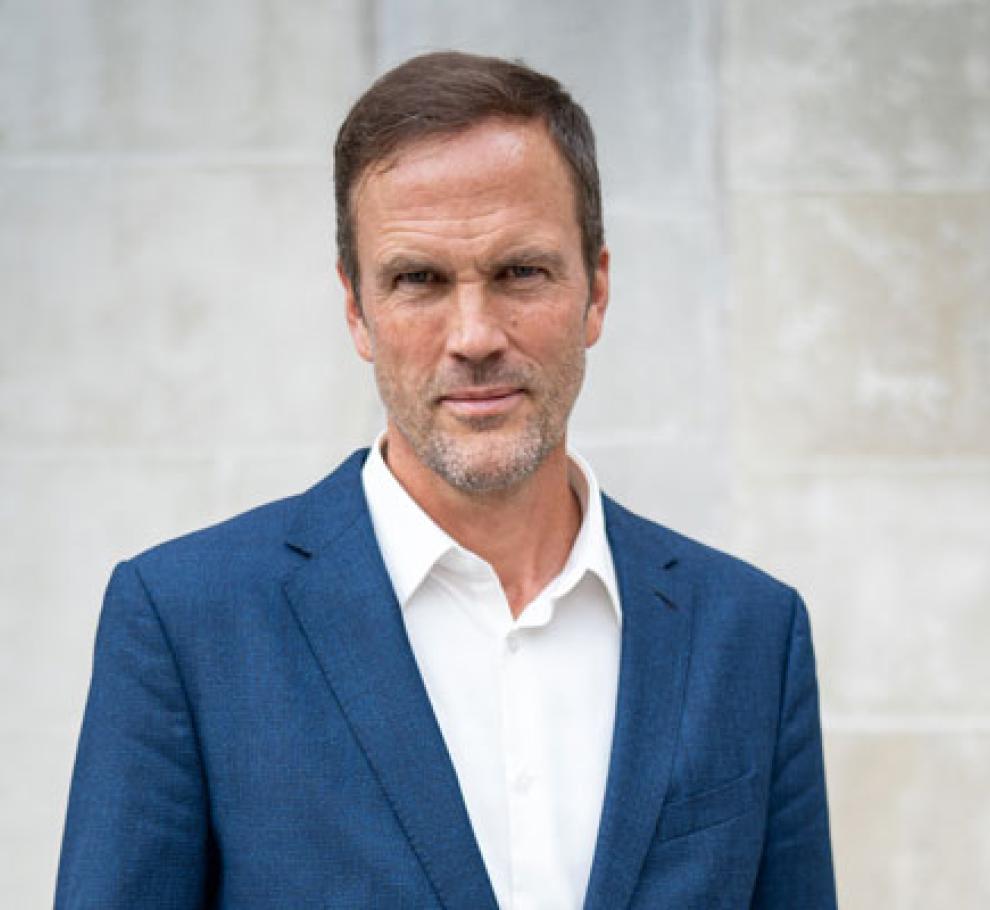
If you want to be part of our history, join us!
